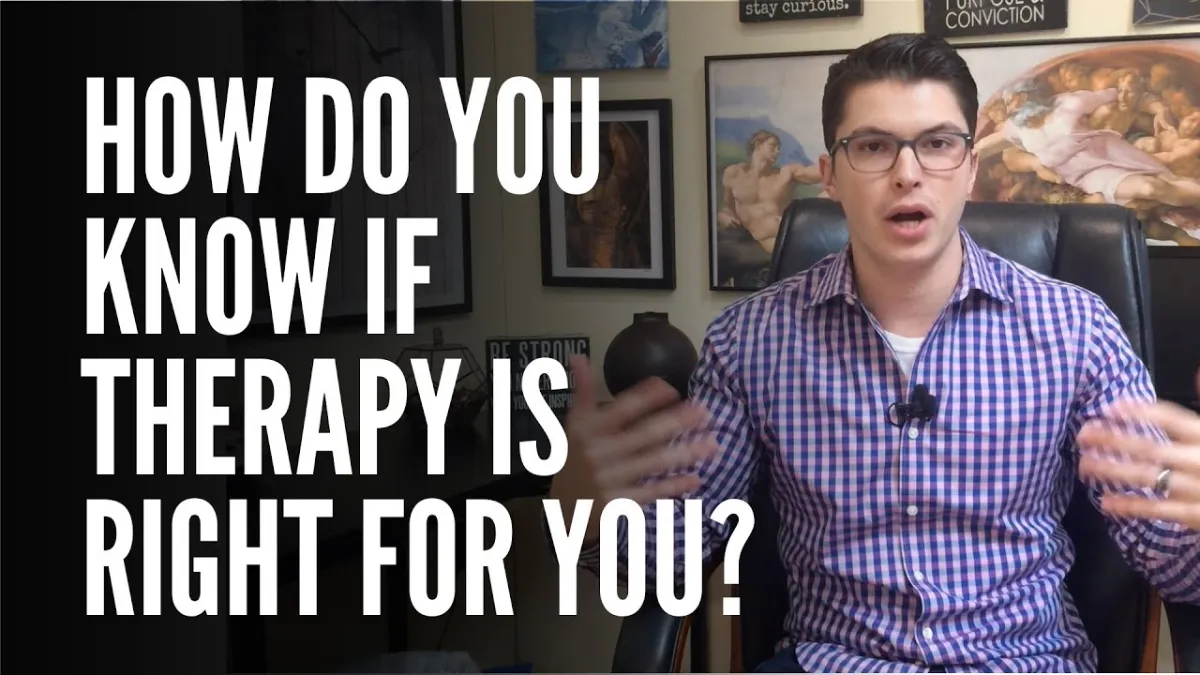Many people wonder if therapy is the right choice for them. You’re not alone. Therapy can be helpful in many situations, such as:
- Facing a big crisis.
- Dealing with long-term anxiety or depression.
- Coping with a major life change.
- Handling complicated family issues.
- Solving relationship problems.
- Managing addiction or substance abuse.
- Wanting to improve mental and emotional health.
No matter your reason, therapy offers many benefits. Let’s explore the different types of therapy and how they can help.
What is Talk Therapy?
Talk therapy, also called psychotherapy, is a tool used by mental health professionals like psychiatrists, psychologists, and therapists. It involves open and honest conversations about the issues causing you stress. Through these discussions, you’ll learn to:
- Understand how these problems affect your life.
- Develop strategies to manage symptoms.
Research shows that about 75% of people who try talk therapy experience some benefit.
Benefits of Individual Therapy
Individual therapy focuses entirely on you. It provides a safe space to explore your thoughts, feelings, and concerns. Here’s how it can help:
- Improve communication skills.
- Help you feel more empowered.
- Teach you to make healthier choices.
- Develop coping strategies for stress.
- Encourage self-awareness and personal growth.
The goal is to inspire positive change and improve your quality of life.
Benefits of Family Therapy
Family therapy focuses on the relationships within a family. It’s helpful when families face challenges like:
- Mental health issues (e.g., depression, trauma).
- Behavioral problems.
- Communication breakdowns.
Key benefits include:
- Improving communication among family members.
- Offering support for mental health concerns.
- Helping families work together to solve problems.
Benefits of Couples Therapy
Couples therapy isn’t just for relationships in crisis. It’s also a great way to strengthen a healthy relationship. Common benefits include:
- Resolving conflicts.
- Restoring trust and intimacy.
- Improving communication.
- Building a stronger bond.
Research shows couples therapy is effective for improving relationship dynamics.
Benefits of Cognitive-Behavioral Therapy (CBT)
CBT is a popular therapy that focuses on the connection between thoughts, feelings, and behaviors. It’s used to treat conditions like:
- Anxiety disorders.
- Depression.
- Bipolar disorder.
- PTSD.
CBT helps by:
- Teaching you to identify and change negative thought patterns.
- Reducing symptoms of anxiety and depression.
- Improving daily functioning and relationships.
Studies show CBT is highly effective, especially for anxiety and depression.
Benefits of Online Therapy
Online therapy, or teletherapy, is becoming more popular. It offers flexibility and convenience, allowing you to connect with a therapist from anywhere. Benefits include:
- Access to therapy from your phone, app, or computer.
- More options for finding the right therapist.
- Reducing the stigma around mental health.
Research shows online therapy can be just as effective as in-person sessions for many people.
How to Find a Therapist
If you’re considering therapy, here are some ways to get started:
- Ask for a referral: Talk to your doctor for recommendations.
- Search online: Use directories like Healthline’s FindCare or the NAMI HelpLine.
- Explore affordable options: Look for sliding-scale fees or community mental health centers.
- Try online therapy: Many platforms offer affordable and convenient options.
Key Takeaways
Therapy can help you:
- Explore your thoughts, feelings, and behaviors.
- Learn new coping skills.
- Manage stress and mental health symptoms.
Whether you choose individual, family, couples, or online therapy, the right support can make a big difference in your life.
Final Thoughts
Therapy is a powerful tool for improving mental and emotional well-being. If you’re struggling, don’t hesitate to reach out for help. With the right therapist, you can gain the skills and insights needed to live a happier, healthier life.

